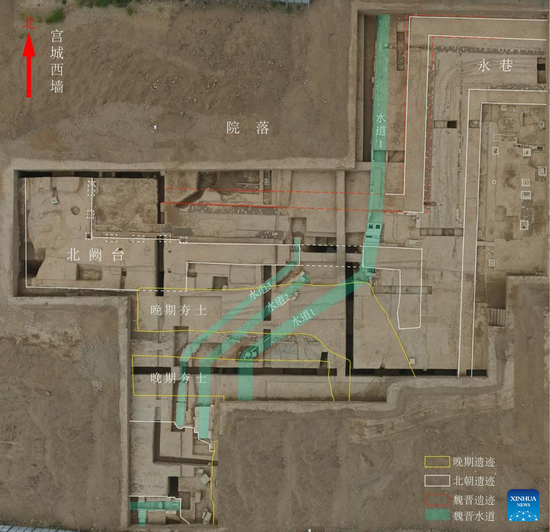
Schematic diagram provided by the Institute of Archaeology under the Chinese Academy of Social Sciences shows the ruins of an old palace of the ancient city of Han (202 BC-AD 220) and Wei (220-265) dynasties in Luoyang, central China's Henan Province. (Institute of Archaeology under the Chinese Academy of Social Sciences/Handout via Xinhua)
Archaeologists have found three large watercourses dating back to the Wei and Jin dynasties (220-420) in central China's Henan Province.
The ancient water conservancy facilities in the city of Luoyang are three stone culverts running side by side from southwest to northeast, according to a team on the scene with the Institute of Archaeology under the Chinese Academy of Social Sciences.
"Although the bottom elevation, scale, and masonry form of the three waterways are slightly different, they are obviously unified in planning and construction," said Guo Xiaotao, deputy head of the team.
Guo noted that historical documents indicate that these waterways were used as channels of water diversion from outside the old palace in Luoyang to the north of the palace.
"These facilities reflect the mature skills of water conservancy projects in the Wei and Jin dynasties, as well as the old city's cognition of the planning, transformation, and utilization of water resources," said Liu Tao, head of the team.









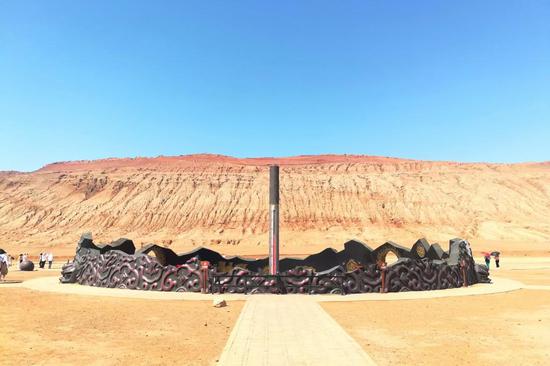


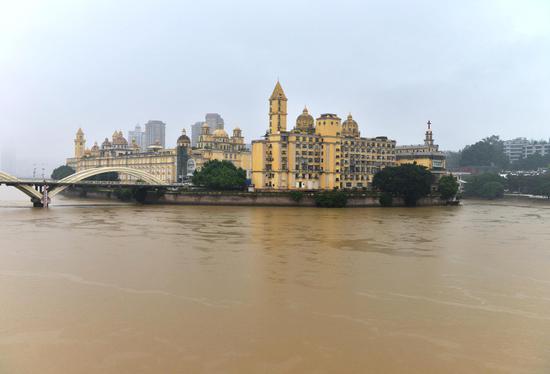
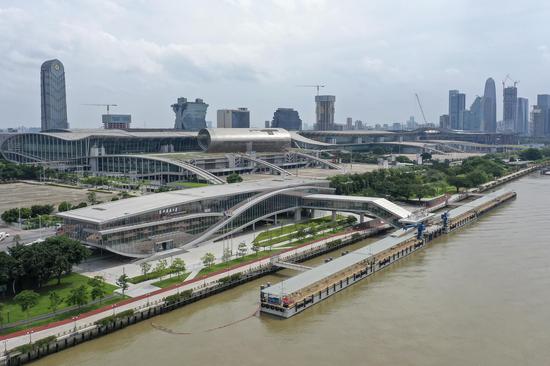
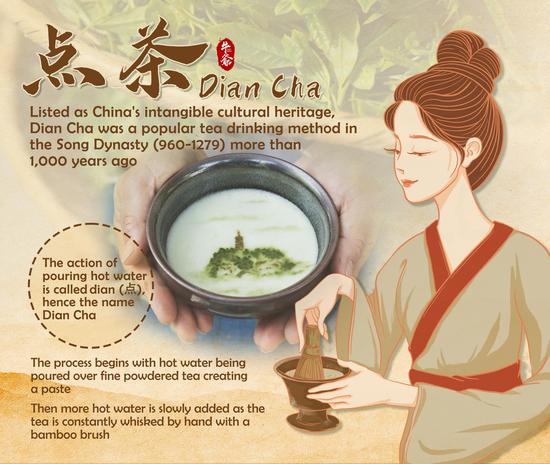
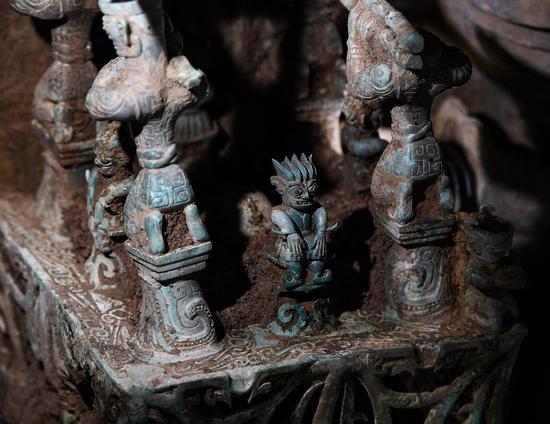





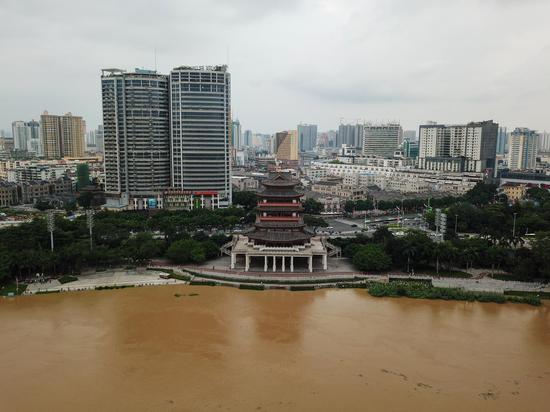
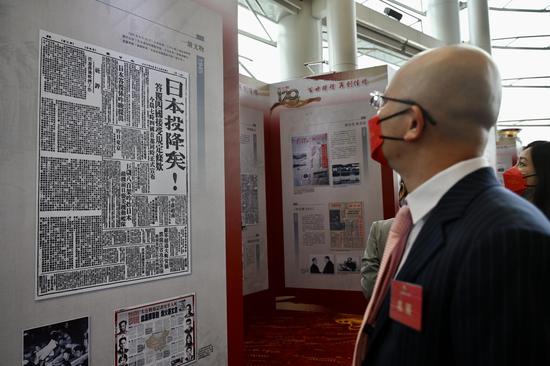

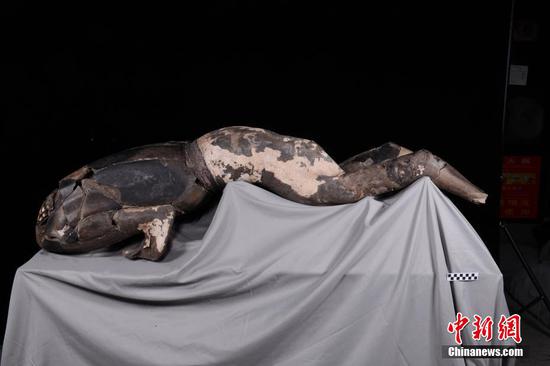
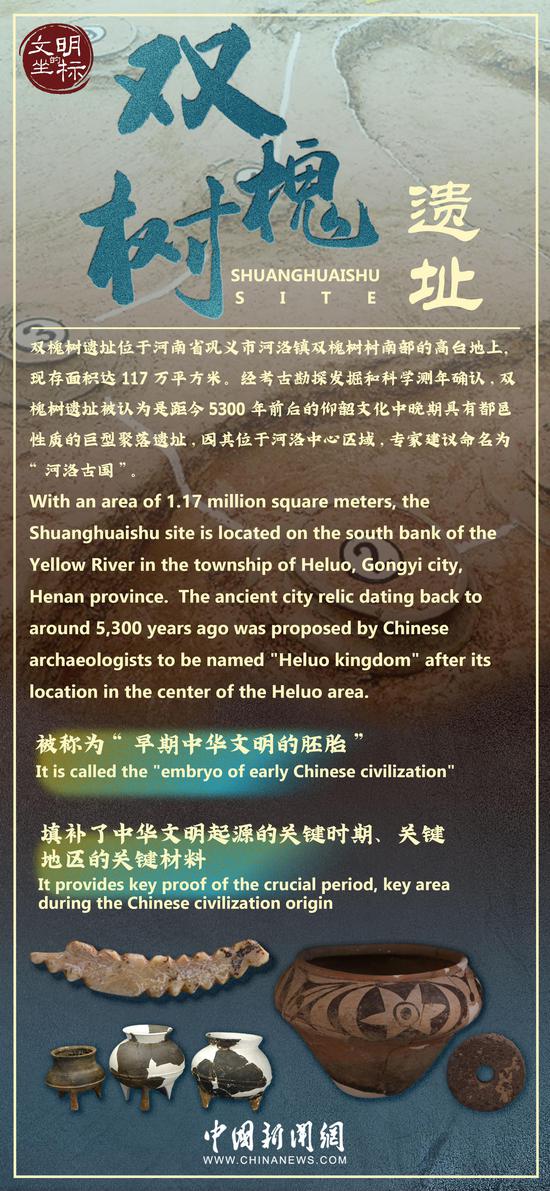
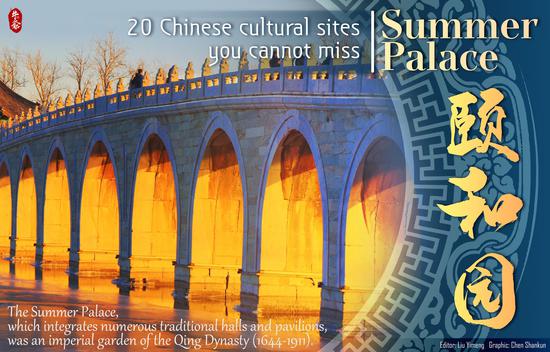

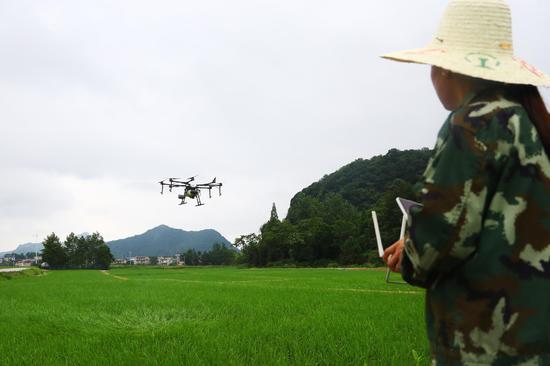

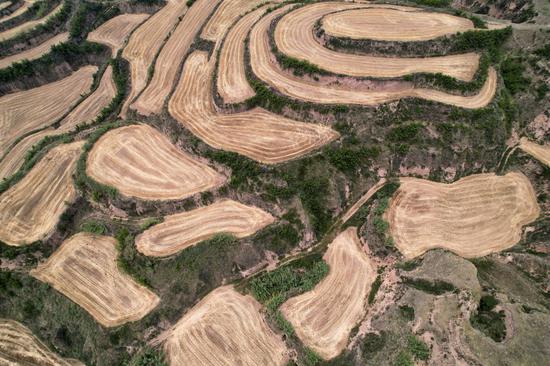

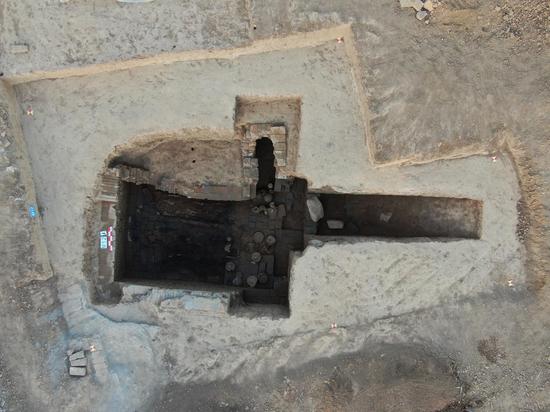








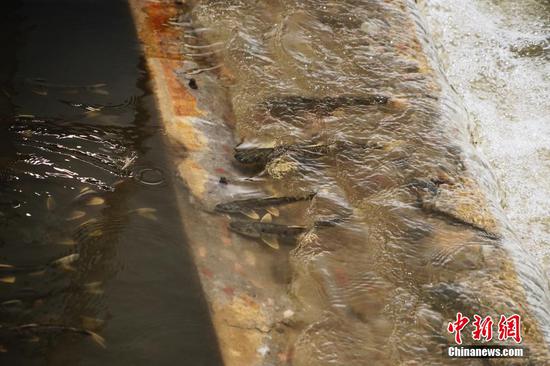

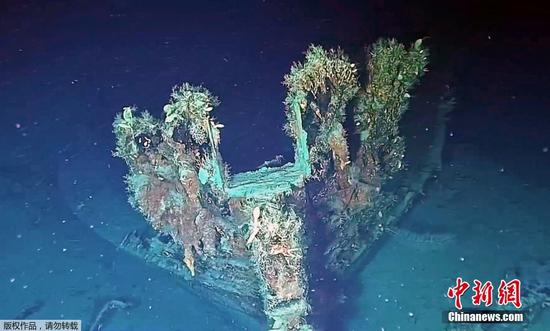






 京公网安备 11010202009201号
京公网安备 11010202009201号